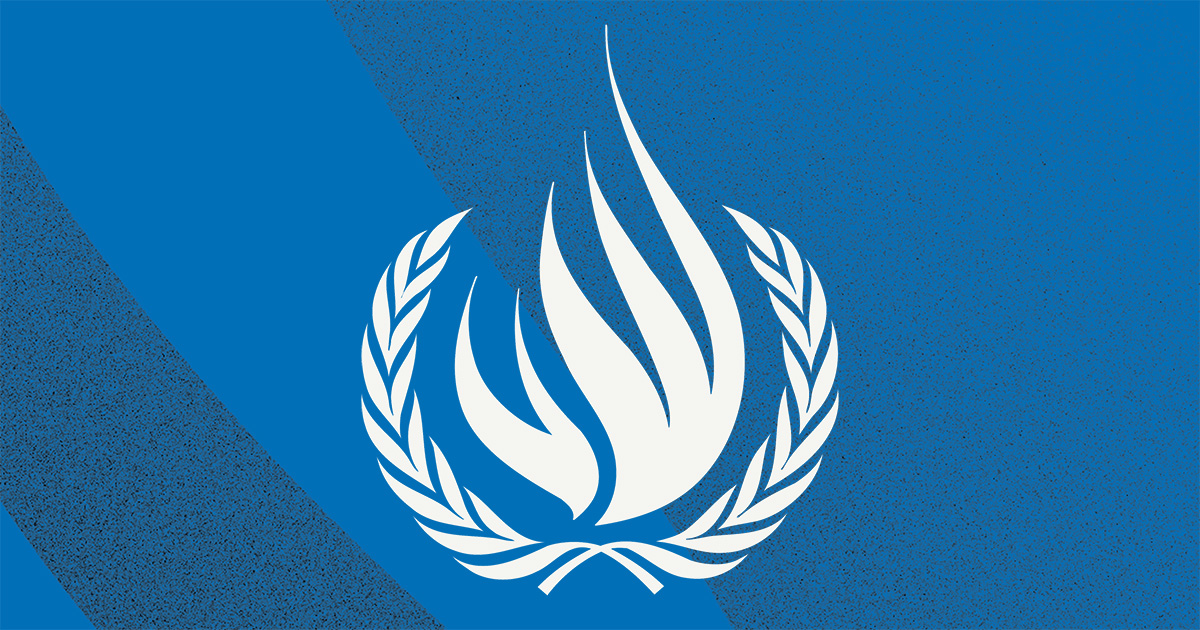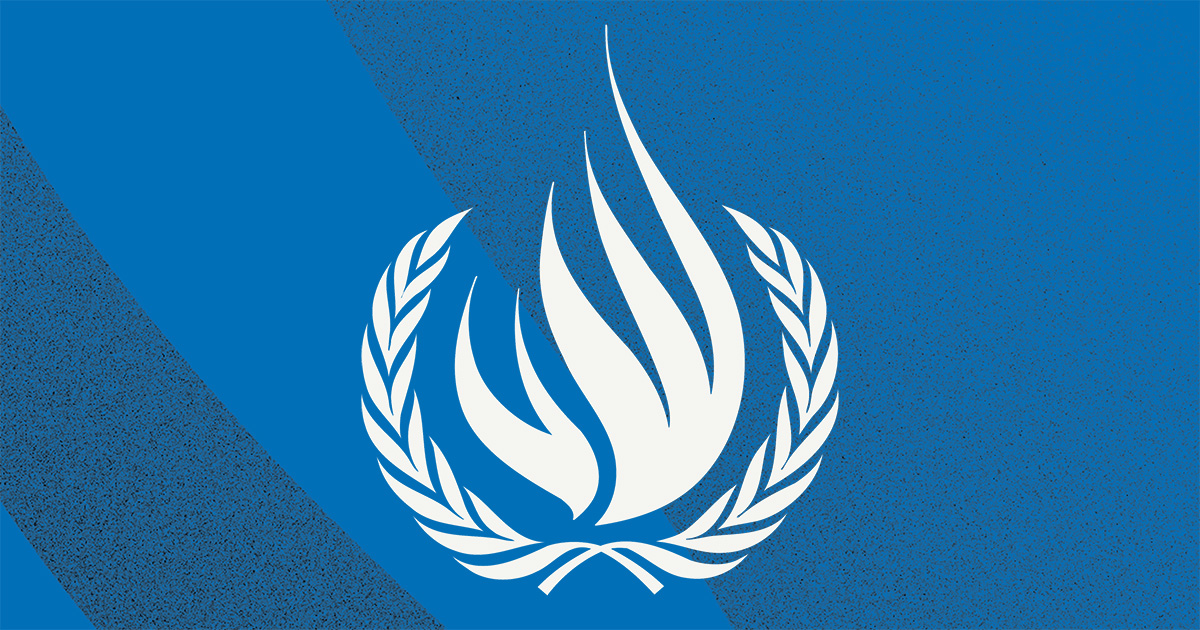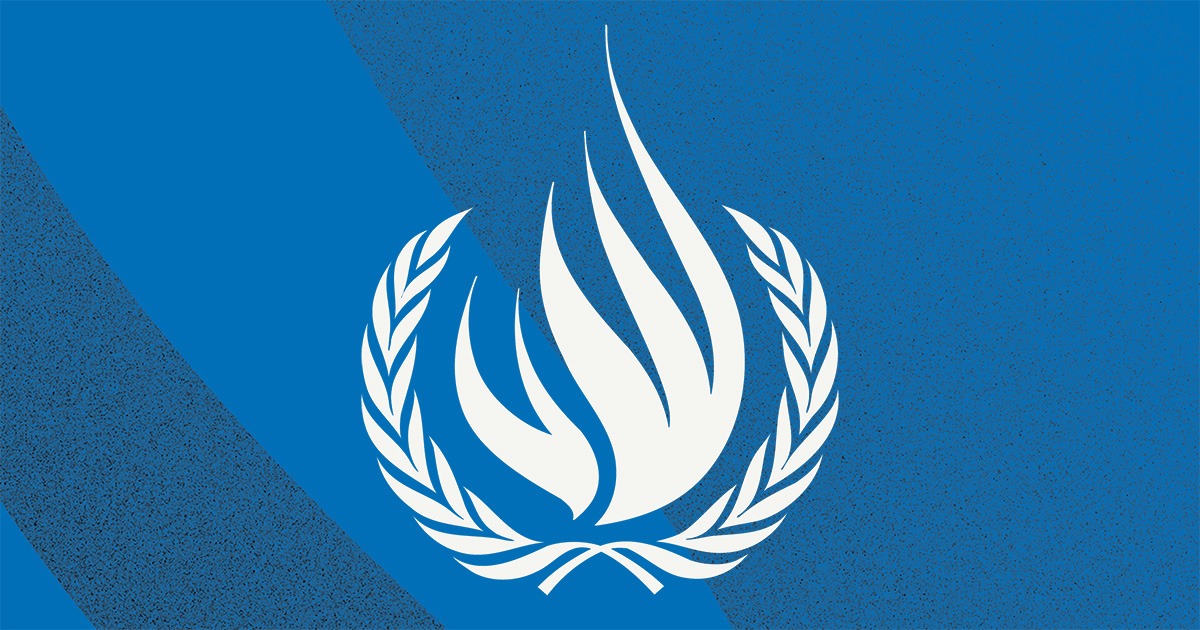
GENEVA (30 January 2024) – UN experts* today expressed deep concern at reports that Iraq has begun mass executions in its prison system. They noted with dismay that overt 250 people may be at risk of imminent execution, amid reports that the Government has expedited the enforcement of detainees’ sentences.
“We are shocked to hear that unannounced mass executions are taking place in Iraqi prisons, particularly in Nasiriyah Central Prison, where at least 13 people were recently executed on the same day and hundreds of others are at risk of imminent execution,” the UN experts said, amid reliable reports that an “execution list” has been approved.
13 male Iraqi prisoners – previously sentenced to death – were executed on 25 December 2023. This is the largest number of convicted prisoners reportedly executed by the Iraqi authorities in one day since 16 November 2020, when 20 convicted prisoners were executed. The names of the 13 prisoners were reportedly called over a loudspeaker on the evening of 24 December. They were taken from their cells before being executed the next morning and were not allowed to call their families or lawyers.
“We are deeply concerned about the secretive nature of the implementation of the death penalty in Iraq and reports of executions without prior notification to families or lawyers,” the experts said. According to the United Nations Safeguards Protecting the Rights of those Facing the Death Penalty transparency is a minimum requirement in the application of the death penalty. The Human Rights Committee has also stated that “failure to provide individuals on death row with timely notification about the date of their execution constitutes, as a rule, a form of ill-treatment, which renders the subsequent execution contrary to article 7 of the International Covenant on Civil and Political Rights.”
The experts urged Iraq to publish, if possible, on an annual basis, information on the use of the death penalty, including the number of persons sentenced to death, the number of executions carried out and the number of persons under sentence of death, for each category of offence for which the death penalty is authorised.
“We are also alarmed by allegations of torture and ill-treatment of detainees, particularly in Nasiriyah Central Prison, and the reported absence of prompt and impartial investigations into these allegations,” the experts said.
They have previously raised concerns about Iraq"s Anti-Terrorism Law No. 13 (2005), which contains a vague and overly broad definition of terrorism. The law does not require proof of terrorist intent, and even petty crimes such as vandalism can be considered terrorist acts.
The experts noted that, if carried out on a widespread and systematic basis, arbitrary executions may well amount to crimes against humanity and may entail universal criminal responsibility for any officials involved.
“Given the urgency of the matter and the irreversible nature of the death penalty, we call on the Government of Iraq to take all necessary steps to immediately halt all executions, in particular in Nasiriyah Central Prison,” they said.
“We urge Iraq to grant clemency and commute the sentences of those on death row as a first step towards the complete abolition of the death penalty,” the experts said.
* The experts: Morris Tidball-Binz, Special Rapporteur on extrajudicial, summary or arbitrary executions ; Alice Jill Edwards, Special Rapporteur on Torture and Other Cruel, Inhuman or Degrading Treatment or Punishment; Ben Saul, Special Rapporteur on the promotion and protection of human rights and fundamental freedoms while countering terrorism; Ms. Priya Gopalan (Chair-Rapporteur), Mr. Matthew Gillett (Vice-Chair on Communications), Ms. Miriam Estrada-Castillo, and Mr. Mumba Malila - Working Group on arbitrary detention.
Special Rapporteurs are part of what is known as the Special Procedures of the Human Rights Council. Special Procedures, the largest body of independent experts in the UN Human Rights system, is the general name of the Council’s independent fact-finding and monitoring mechanisms that address either specific country situations or thematic issues in all parts of the world. Special Procedures experts work on a voluntary basis; they are not UN staff and do not receive a salary for their work. They are independent from any government or organization and serve in their individual capacity.
For additional information and media requests please contact the mandate of the Special Rapporteur on extrajudicial, summary or arbitrary executions, Gihan Indraguptha (weerakonda.indraguptha@un.org) or hrc-sr-eje@un.org.
For media enquiries regarding other UN independent experts, please contact Maya Derouaz (maya.derouaz@un.org) and Dharisha Indraguptha (dharisha.indraguptha@un.org)
Follow news related to the UN"s independent human rights experts on Twitter: @UN_SPExperts









